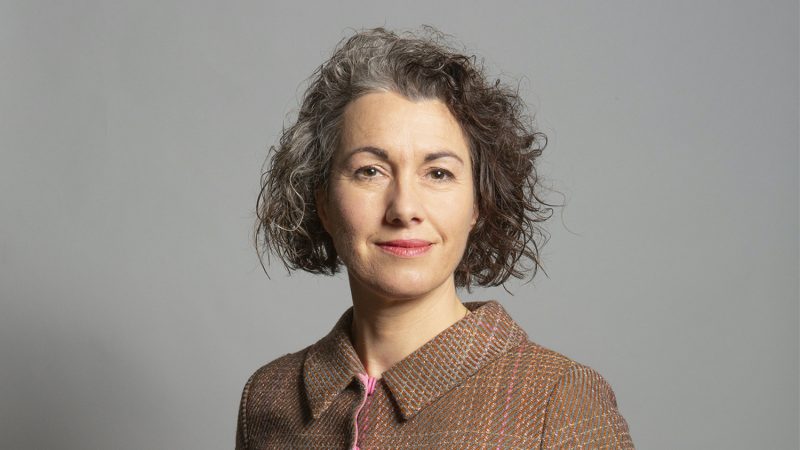
The Global Fund is a worldwide campaign to defeat HIV, tuberculosis (TB) and malaria. I am proud that, as a co-founder of the fund, the UK has had a huge role to play in working towards this goal. To date, 50 million lives have been saved. Since its inception, the fund has reduced the combined death rate from these three diseases by half in the countries in which it invests.
This week, as Liz Truss attended her first United Nations General Assembly as Prime Minister, she was set to outline her government’s plans and promote Britain on the world stage. The Global Fund’s pledging conference, which took place on Wednesday, was an opportunity for the UK to show its continuing support and commitment to this vital organisation. Unfortunately, no pledge was made. I welcome the UK’s ongoing political commitment to the Global Fund, but I am deeply concerned with the absence of funding. While the government refuses to commit the funding needed, time is ticking in the fight against these diseases and millions of lives hang in the balance.
In 2019, the UK gave £1.4bn to the last replenishment of the fund, making the UK the second largest donor after the US. Over the Global Fund’s lifetime, the UK has been its third biggest donor, paving the way for others to follow. This year, the Global Fund are aiming to raise a total of $18bn and are asking the UK to pledge £1.82bn, a 30% increase from 2019. Investment to the Global Fund has been a top priority for the UK, and we have been at the forefront of the race to end these epidemics. Now is not the time to dial back our support.
As the UK’s independent aid watchdog ICAI concluded in their recent report, the Global Fund is the greatest value for money project covered by overseas development assistance. With this in mind, it is hard to believe that the government is choosing to ignore the facts and not fully commit to this cause.
UK taxpayers’ money has been at the heart of investment to the Global Fund and has been contributing to wiping out these diseases for two decades. It would not provide value for money, or a return on our investment, to not pledge the full amount – and urgently.
Failing to fight against the spread of these epidemics abroad puts us all at risk at home. The domestic fight against these diseases relies on the global effort to eradicate them altogether. The fight does not end on our doorstep. This is particularly clear following the Covid pandemic, which showed how interconnected our world is and how easily viruses and diseases in one country can impact our own public health.
Another example of this is the fight against polio. In 2021, the UK cut funding to the Global Polio Eradication Initiative. We’ve now seen polio return to this country, and it is alarming that cases are rising after its eradication. The fight against HIV, TB and malaria is far from over, making it all the more concerning that the UK is shying away from its global commitments, putting us all at risk.
It is outrageous that the UK remains one of the last countries to make a pledge, but there is still time to reaffirm our position as a leader in international development. The UK must make an ambitious commitment, matching the 30% increase we have seen from our G7 allies. The time has passed for empty words. Real action needs to be taken to support the most vulnerable in the world. They need our commitment, and they need it now.




More from LabourList
Economic stability for an uncertain world: Spring Statement 2026
‘Biggest investment programme in our history’: Welsh Labour commit to NHS revamp if successful in Senedd elections
James Frith and Sharon Hodgson promoted as government ministers